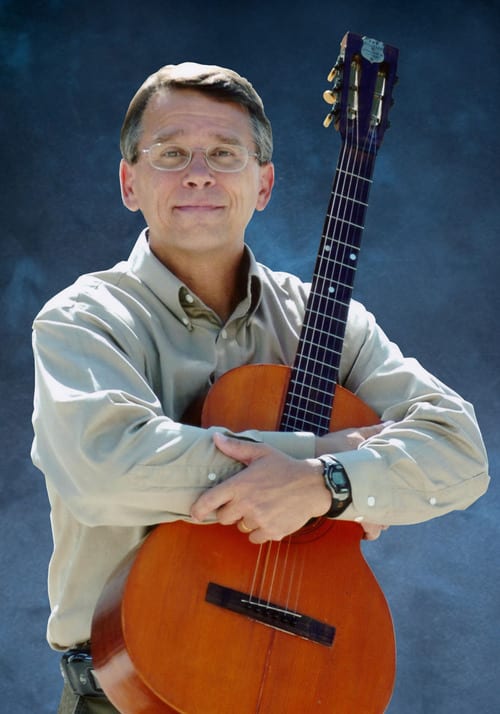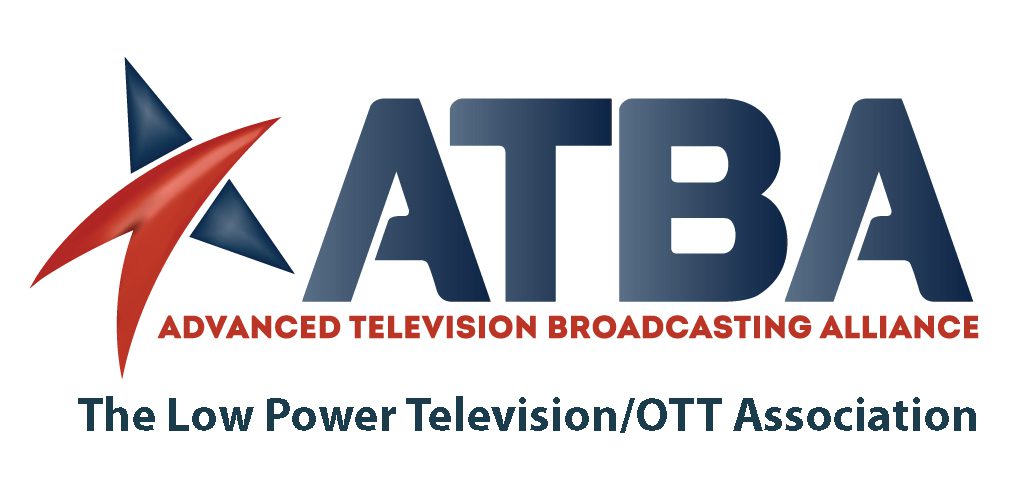
Rod Payne, ATBA Board member and President of Christian Family Network Television, sees an opportunity for broadcasters to offer more educational and entertaining broadcasts with the help of LPTV and ATSC 3.0. With the spectrum repack that has allowed LPTV to easily transition to ATSC 3.0, there will be more ways to deliver content to a wider audience.
With over forty years in the Broadcasting industry Payne has hope that ATSC 3.0 will effectively expand the horizons of broadcasting into the smaller, more rural communities that tend to be looked over.
“It is a joy to realize that from the very largest of media companies to the mom and pop shops out there bringing the local farm reports, it is the responsibility of broadcasters to inform, educate to some degree and entertain our audiences through the powerful medium of free, over the air, broadcasting,” said Payne.
In the past, LPTV has been viewed as the stations that simply fill in the gaps that FPTV can not reach, such as small, rural communities. However, with ATSC 3.0 making its way into the industry and LPTV being at the forefront of this revolutionary transition, it will be much more than the industry’s middle-man.
“I feel the future of the industry, like all things, is in God’s hands. That being said I have to believe the future looks very bright as more and more people realize there are a variety of ways to bring education and entertainment into their homes,” said Payne. “With the amazing potential of ATSC 3.0 the horizon expands even further. The width and depth of the services this may allow for broadcasters to provide residents in their areas is remarkable.”
Now, with the new television standard, he believes it is LPTV’s turn to step up to the plate and get the recognition and upper hand that it deserves, but it needs the help of others, like ATBA.
“The ATBA has to continue to build alliances, such as their relationship with NAB, with others in the broadcasting realm who do not want to see us go away but realize our value to our communities and the need for programming that is not always driven by big dollars or agendas but is serving the people of the local community at its heart.”









